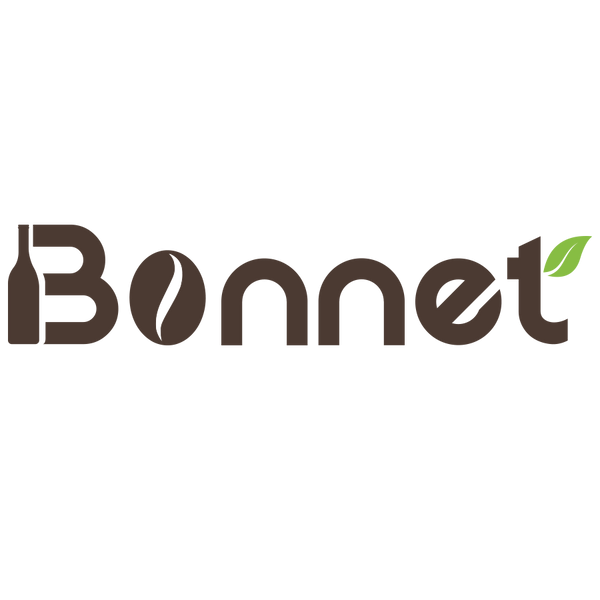1. Arabica's "Golden Triangle" Advantages
Flavor Dominance
Contains double the sugar (vs. Robusta), caramelization reaction occurs during roasting, forming a complex floral and fruity aroma.
Rich acidity levels (such as tomato acid in Kenya SL28 and malic acid in Colombia).
Promoted by the boutique coffee movement
The third wave of coffee (after 2000s) emphasizes "regional flavor", and Arabica becomes the core carrier due to microclimate flavor differences (Terroir).
82% of boutique coffee shops in the world use Arabica as the base (SCA 2022 report).
Healthy consumption trends
Low caffeine content (50% lower than Robusta on average), which meets the needs of modern people to control intake.
High content of antioxidants (chlorogenic acid), which fits the concept of "functional coffee".
2. Market hegemony confirmed by data
Production: The global annual production is about 120 million bags (60kg/bag), and Brazil/Colombia accounts for more than 50%.
Consumer preference: 78% of freshly ground coffee in the US market uses 100% Arabica (NCA survey).
3. Controversy and challenges
Vulnerability: Vulnerable to climate change (such as Brazilian frost causing a 30% global price increase in 2021).
Over-marketing: Some commercial beans pretend to be "fine Arabica", and you need to look for SCA 80+ rating certification.

